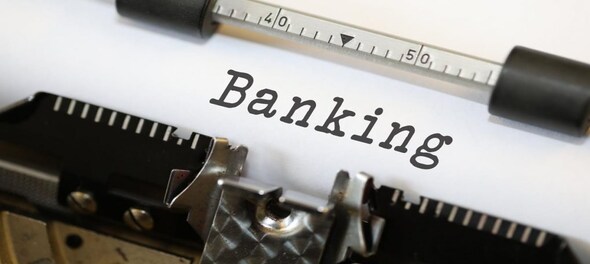
Live TV
New bank locker rule FAQ | Not renewed agreement as yet? Here's what you should do now
So, what should customers do?
If someone has not renewed his/her agreement, it's better to reach out to the bank and update the locker agreement if required, said Adhil Shetty, CEO at BankBazaar.com while talking to CNBC-TV18.com.
"It is also advisable that they access their lockers at least once a year.
Banks are permitted to break them open using the protocols laid in the locker agreement.
To avoid such troubles, it is best to operate the account at regular intervals," Shetty said.
What is locker agreement and how can customers do it?
At the time of allotment of the locker to a customer, the bank enters into an agreement with the customer, on a paper duly stamped.
A copy of the locker agreement in duplicate signed by both the parties shall be furnished to the locker hirer to know his/her rights and responsibilities.
The original agreement shall be retained with the bank’s branch where the locker is situated.
How are banks responsible for safety of bank lockers?
As per RBI's notification, it is the responsibility of banks to take all steps for the safety and security of the premises in which the safe deposit vaults are housed.
It has the responsibility to ensure that incidents like fire, theft/ burglary/ robbery, dacoity, building collapse do not occur in the bank’s premises due to its own shortcomings, negligence and by any act of omission/commission.
How can banks compensate customers in case of any damage?
In cases where loss of contents of locker are due to incidents mentioned above or attributable to fraud committed by its employee(s), the banks’ liability is for an amount equivalent to one hundred times the prevailing annual rent of the safe deposit locker.
When are banks be not responsible for any damage?
The bank are not liable for any damage and/or loss of contents of locker arising from natural calamities or acts of god like earthquake, floods, lightning and thunderstorm or any act that is attributable to the sole fault or negligence of the customer.
Banks will, however, exercise appropriate care to their locker systems to protect their premises from such catastrophes, according to RBI.



